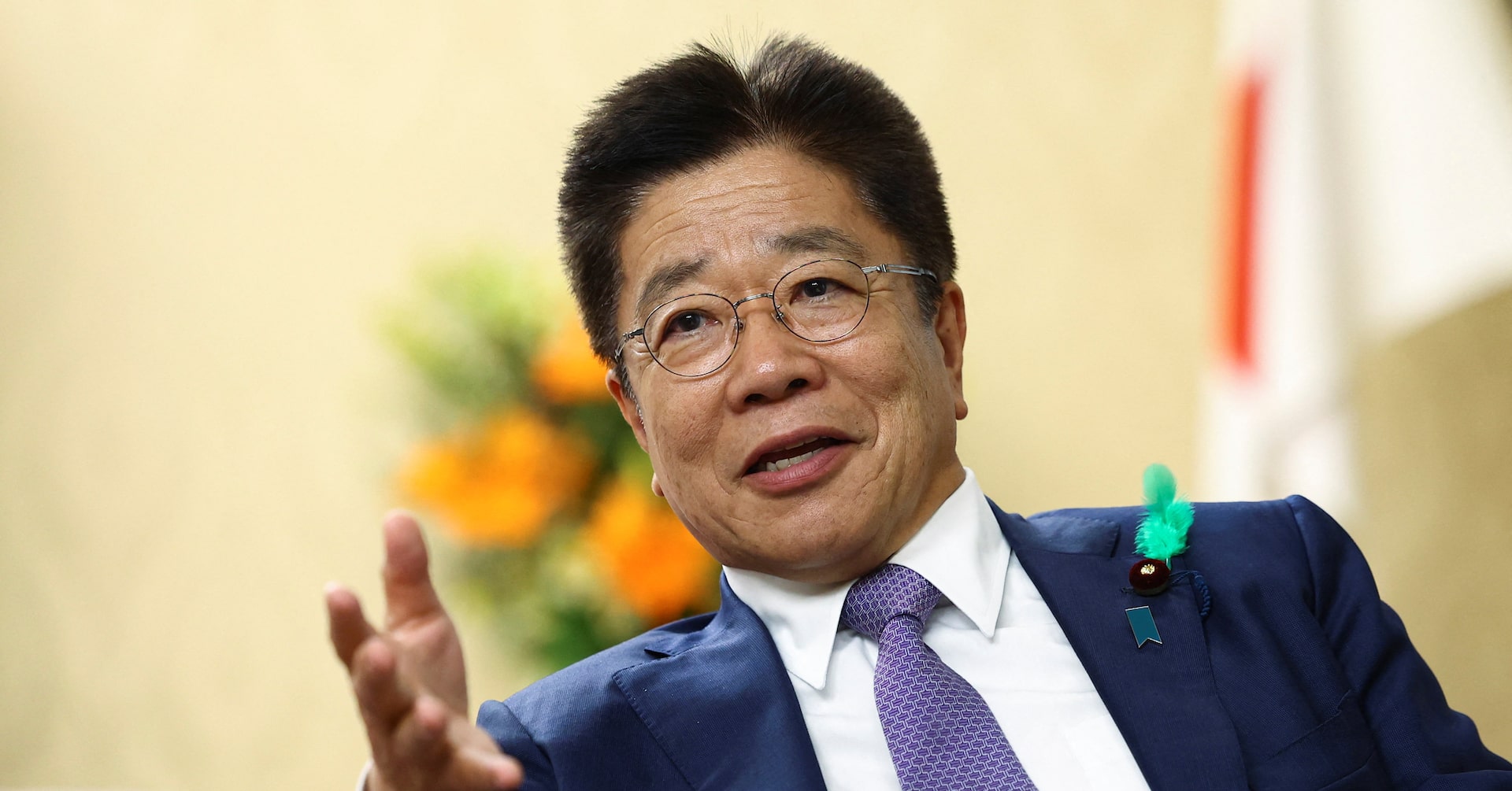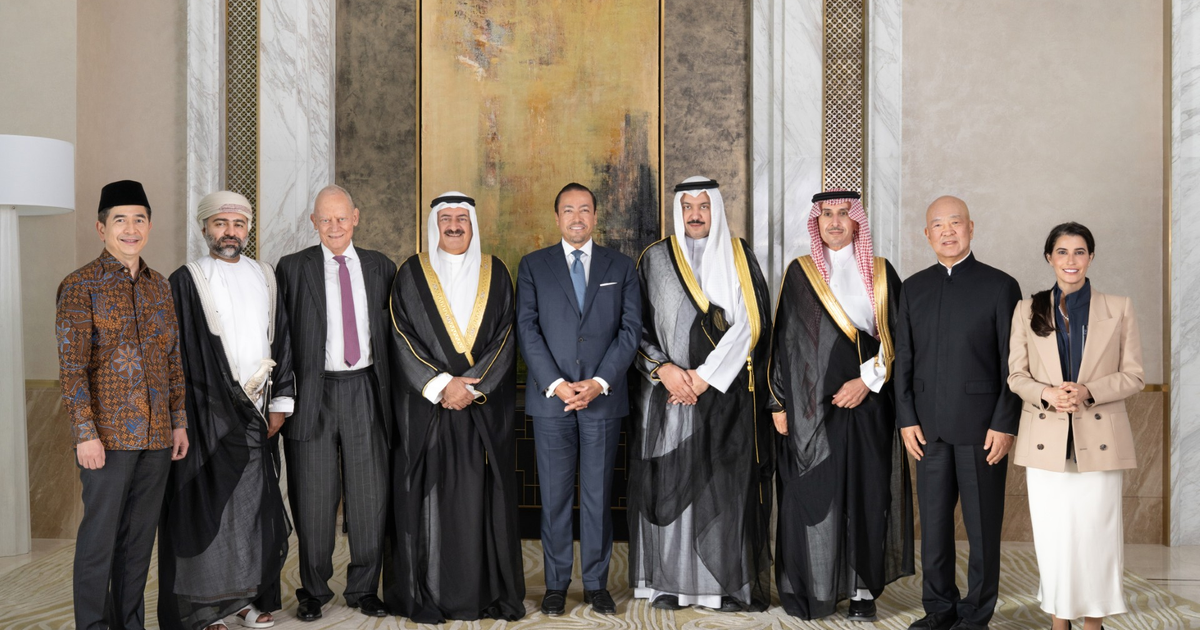Dollar Dance: US and Japan Signal Currency Market Flexibility Amid Global Tensions

In a powerful demonstration of economic cooperation, the United States and Japan have reinforced their mutual understanding on currency exchange dynamics. The two nations jointly declared their commitment to maintaining exchange rates that are driven by market forces, while simultaneously establishing clear guidelines for potential foreign exchange interventions.
The carefully crafted joint statement, released on Friday, emphasizes that any currency market interventions should be strategically limited to addressing extreme market volatility. This approach underscores both countries' dedication to transparent and predictable financial practices, signaling a united front in managing international monetary interactions.
By aligning their perspectives on exchange rate management, the United States and Japan are sending a strong message of economic stability and collaborative governance to the global financial community. Their coordinated stance highlights the importance of measured, principled approaches to currency fluctuations in an increasingly interconnected world economy.








